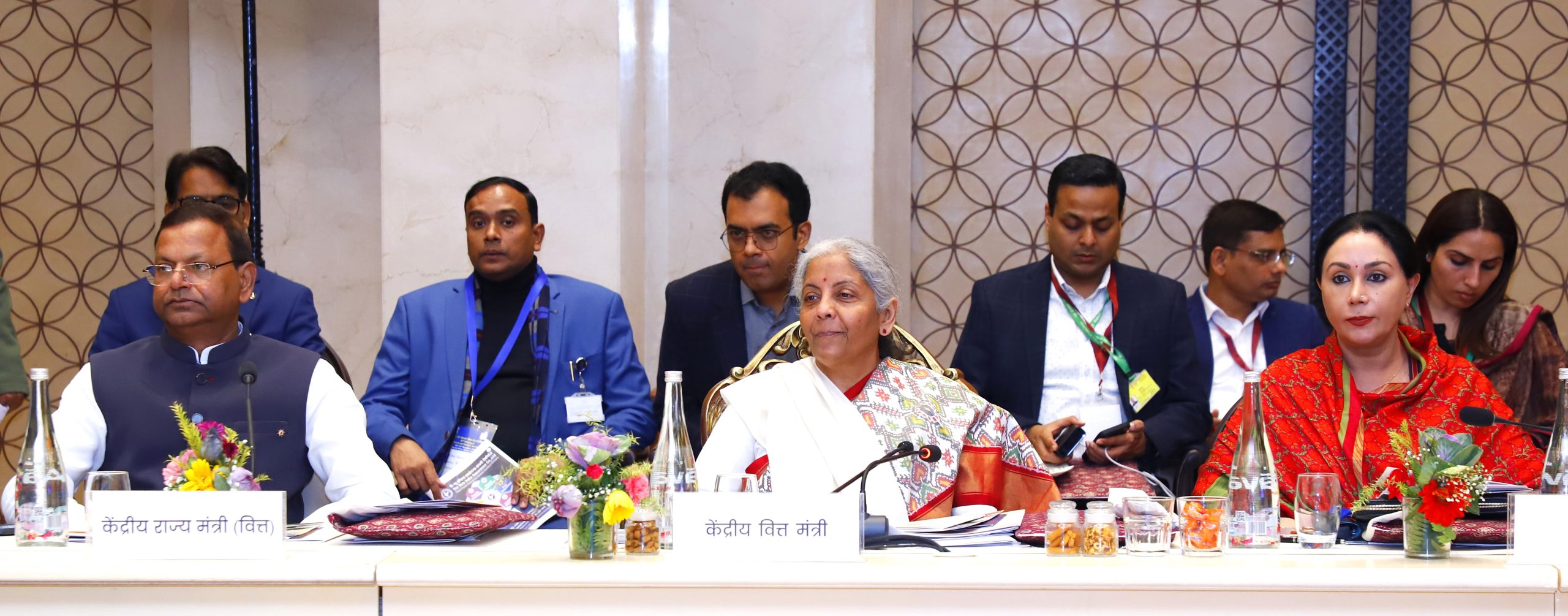The Confederation of Indian Industry (CII) has urged the government to prioritize employment generation, implementation of labour reforms, and increased participation of women in the workforce in the upcoming Union Budget 2025-26, set to be presented on February 1.
Highlighting the potential of India’s demographic dividend, CII proposed an integrated National Employment Policy to unify the numerous employment-focused initiatives currently under various ministries and state governments. Chandrajit Banerjee, Director General of CII, emphasized the need to align employment generation with higher productivity. “India stands at a unique juncture where its demographic dividend presents a tremendous opportunity to propel economic growth and social transformation,” Banerjee said, suggesting that the Budget establish an expert committee to analyze productivity metrics and recommend solutions.
CII also advocated for a single integrated employment portal under the National Career Service (NCS), enhanced with a Universal Labour Information Management System (ULIMS). This system would provide detailed insights into job opportunities, skills demand, and training programs aligned with future projections.
To further boost job creation, the industry body recommended a new section replacing Section 80JJAA to incentivize new employment. The proposal includes a tax deduction for businesses hiring new employees, applicable for the first three years of employment, capped at Rs. 1 lakh per month per employee.
Targeted support for labour-intensive sectors such as construction, textiles, tourism, and low-skilled manufacturing was another key recommendation. CII also stressed the importance of aligning tariff structures, Production Linked Incentive (PLI) schemes, and Free Trade Agreements (FTAs) to boost exports from labour-intensive industries, thereby generating employment.
For rural areas, CII suggested launching an internship program in government offices to engage college-educated youth, which could enhance manpower resources for implementing government initiatives.
Addressing the low female workforce participation rate, CII called for gender-sensitive policies and initiatives such as government-supported creches in industrial clusters, dormitories built with CSR funds, and formalization of the care economy. These measures, CII stated, could significantly improve economic empowerment for women.
The organization also recommended rolling out labour codes with a focus on providing social security for gig and platform workers, further strengthening the employment landscape.
CII proposed the establishment of an International Mobility Authority under the Ministry of External Affairs to facilitate overseas employment opportunities for Indian youth. This authority could collaborate with the Ministry of Skill Development to design training programs that align with global market needs, including cultural orientation and foreign language skills.
(Inputs from ANI)




















